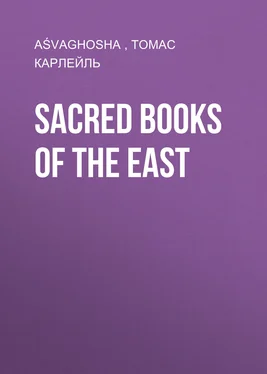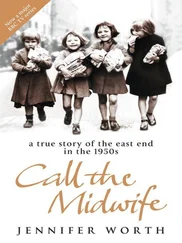After one has looked at those gray bones, thrown away like gourds in the autumn, what pleasure is there left in life!
After a stronghold has been made of the bones, it is covered with flesh and blood, and there dwell in it old age and death, pride and deceit.
The brilliant chariots of kings are destroyed, the body also approaches destruction, but the virtue of good people never approaches destruction—thus do the good say to the good.
A man who has learnt little, grows old like an ox; his flesh grows, but his knowledge does not grow.
Looking for the maker of this tabernacle, I have run through a course of many births, not finding him; and painful is birth again and again. But now, maker of the tabernacle, thou hast been seen; thou shalt not make up this tabernacle again. All thy rafters are broken, thy ridge-pole is sundered; the mind, approaching the Eternal (Visankhâra, Nirvâna), has attained to the extinction of all desires.
Конец ознакомительного фрагмента.
Текст предоставлен ООО «ЛитРес».
Прочитайте эту книгу целиком, купив полную легальную версию на ЛитРес.
Безопасно оплатить книгу можно банковской картой Visa, MasterCard, Maestro, со счета мобильного телефона, с платежного терминала, в салоне МТС или Связной, через PayPal, WebMoney, Яндекс.Деньги, QIWI Кошелек, бонусными картами или другим удобным Вам способом.
Footnote 1:
The Maruts are the "Storm-Gods".
Footnote 2:
The lightning.
The voice of thunder.
The dawn.
Agni is the "God of Fire."
Rudra is the "Father of the Maruts."
Agastya is a worshipper of Indra.
The sun.
Footnote 9:
A century ago, it is said, they still numbered nearly 100,000 souls; but there now remain no more than 8,000 or 9,000, scattered in Yazd and the surrounding villages. Houtum-Schindler gave 8,499 in 1879; of that number there were 6,483 in Yazd, 1,756 in Kirmân, 150 in Teherân.
This chapter is an enumeration of sixteen perfect lands created by Ahura Mazda, and of as many plagues created in opposition by Angra Mainyu. Many attempts have been made, not only to identify these sixteen lands, but also to draw historical conclusions from their order of succession, as representing the actual order of the migrations and settlements of the old Iranian tribes. But there is nothing in the text to support such wide inferences. We have here nothing more than a geographical description of Iran, seen from the religious point of view.
This chapter is the only one in the Vendîdâd that deals with legal subjects.
This chapter deals chiefly with uncleanness arising from the dead, and with the means of removing it from men and things.
A dog with two spots above the eyes.











